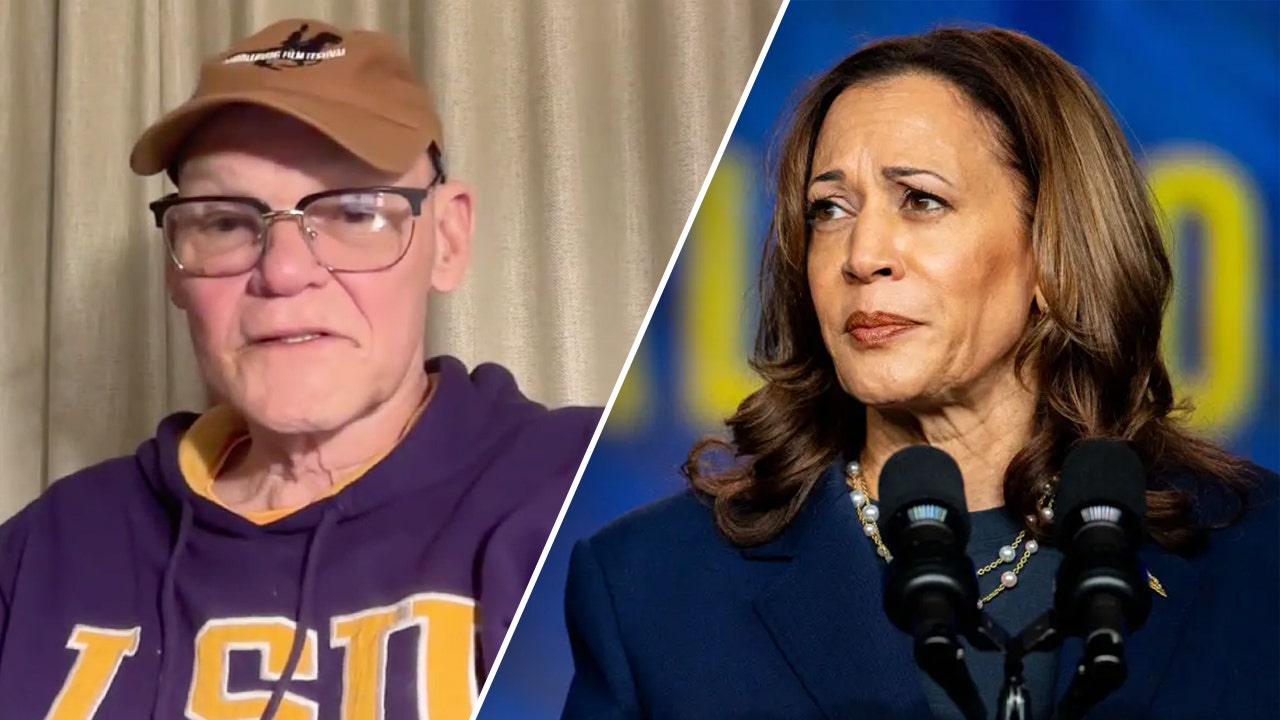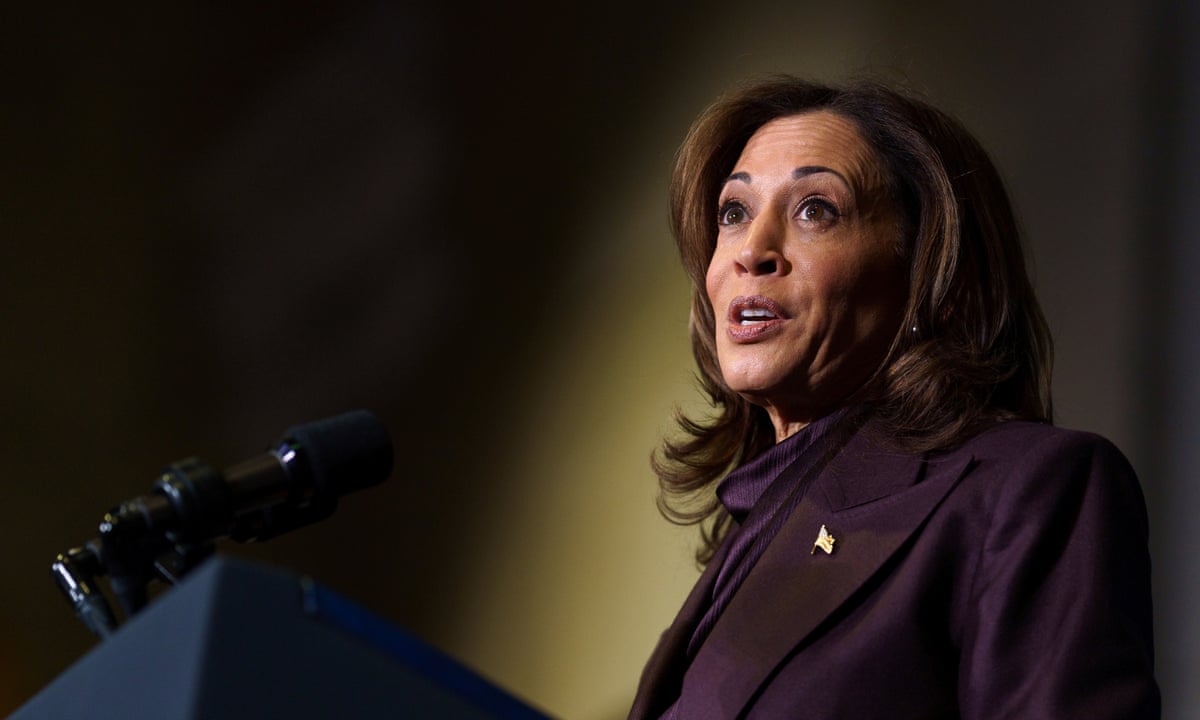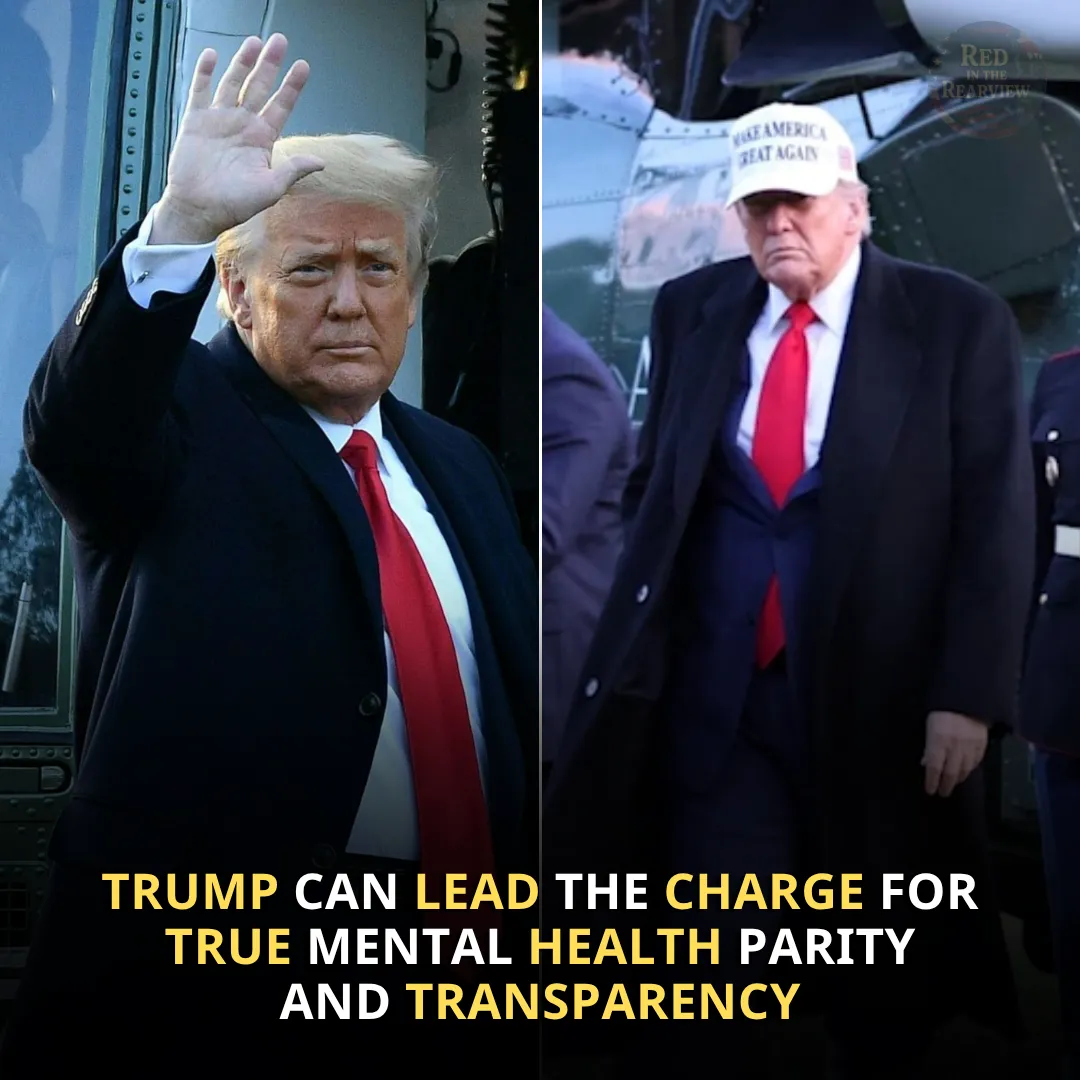The Democratic Party is already beginning to turn the page on the turbulent 2024 presidential election cycle, and according to one of its most seasoned strategists, the future will not include Kamala Harris at the top of the ticket.
James Carville, the longtime Democratic consultant known for his blunt political commentary, delivered a sharp message on his Politics War Room podcast that Harris and other familiar names from the 2024 campaign should abandon hopes of reclaiming the spotlight in 2028.
His comments have quickly reverberated across the political landscape, highlighting the growing sentiment among party insiders that Democrats want a fresh start as they prepare for the next presidential contest.
Carville’s words were unmistakably direct. Speaking to a listener concerned about the possibility of Harris staging a comeback bid, he said there was little reason for Democrats to worry.
“Don’t be terrified,” Carville reassured. “She wisely chose not to run for governor of California.”
But then he cut to the heart of the matter: “She will not be the Democratic Party nominee in 2028. Anybody that had anything to do with 2024, the party wants to move on from that.”
The assessment was both a critique of the 2024 ticket and a broader reflection of the mood within the party. Harris, once viewed as a historic figure destined to climb even higher after serving as vice president, is instead facing a political landscape that has grown weary of her association with the past.
Harris recently announced that she would not pursue the California governorship, a choice that only intensified speculation about her future ambitions. Many analysts believed she might attempt to use the governorship as a springboard back into national politics, but her decision not to run has left questions hanging in the air.
Instead of positioning herself for a statewide campaign, Harris appears to be keeping her options open for another presidential bid in 2028. Yet the Carville remarks underscore the extent to which party operatives and grassroots members alike may be reluctant to embrace her again.
For many Democrats, the 2024 campaign was a painful experience, marked by strained messaging, lack of clarity about the party’s vision, and a frustrating performance against Republicans. Harris’s role in that campaign—whether or not she was the main driver—has become a liability rather than an asset.
Carville made it clear that his comments were not aimed solely at Harris. He suggested that anyone tied to the 2024 ticket, including Minnesota Governor Tim Walz, should think twice about running again.
“This isn’t anybody’s fault,” Carville said. “But this is not going to be the environment where Democrats look to anybody connected to the 2024 campaign.”
His podcast co-host, veteran journalist Al Hunt, added his own pointed critique, calling on former President Joe Biden to step aside permanently. “Joe Biden, would you please go take the restful retirement you so richly deserve?” Hunt said.
Together, their comments reinforced a growing reality: Democrats are searching for a reset. They want candidates unburdened by the mistakes and disappointments of the past cycle, candidates who can present a clean break from the Biden-Harris era.
Despite the rejection of Harris by some party strategists, the early outlines of the 2028 Democratic field are already forming. Several prominent figures are considered likely contenders, while others have made it clear they will stay on the sidelines.
Among the most frequently mentioned is Pete Buttigieg, the former mayor of South Bend, Indiana, who served as Transportation Secretary in the Biden administration. Buttigieg has not declared any formal plans, but he has been increasingly active in the media and in public appearances.

In a recent interview with the Washington Examiner, Buttigieg emphasized the importance of connecting with voters through both traditional and new forms of media.
“I’m using my voice best I can in traditional media and new media,” Buttigieg said. “I don’t know what that means for me, politically or professionally, a long way from making any decisions about that, but I know that’s what I need to be doing right now.”
His remarks are carefully measured, but his growing digital footprint has fueled speculation that he is preparing for another presidential campaign.
California Governor Gavin Newsom is another name on the shortlist of expected contenders. Newsom has long been viewed as a natural successor to Biden and Harris, with a national profile built on progressive policies, a combative stance against Republican governors, and a polished media presence.
Although Newsom has not made any formal announcements, few doubt that he will be a serious player in the 2028 Democratic primaries.
Maryland Governor Wes Moore, meanwhile, has been the subject of persistent speculation about his national ambitions. A young, charismatic leader with a compelling personal story, Moore is frequently mentioned as a future presidential candidate.
But Moore himself has insisted he will not run in 2028. In an interview with the Associated Press, he dismissed suggestions that his high-profile trips to early primary states like South Carolina were part of a presidential strategy.
“I’m not running,” Moore said simply. He also clarified that he was not maneuvering for a vice-presidential spot either.

Moore attributed his national appearances to his efforts to boost Maryland’s profile and bring business back to the state. “People should get very used to me going all over the country bringing business back to Maryland, because that’s exactly what I plan on doing as long as I’m the governor of the state,” he explained.
Moore’s decision to focus on reelection in Maryland signals that, at least for now, he is committed to governing rather than campaigning.
The dynamic described by Carville reflects a deep tension within the Democratic Party. On one side are the familiar names—Biden, Harris, Buttigieg, and Newsom—who have spent years cultivating national recognition. On the other are the restless activists and voters eager for completely new leadership.
The call for generational change has grown louder since 2024. Many Democrats feel that the party has relied too heavily on figures tied to past administrations, limiting its ability to inspire younger voters and adapt to the rapidly changing political climate.
Harris’s predicament is particularly stark. As the first woman and first woman of color to serve as vice president, she holds a historic place in American politics.
Yet her tenure has been marked by low approval ratings and criticism of her messaging. Supporters argue that she has been unfairly scrutinized, while critics say she has failed to carve out a clear political identity.
Either way, the appetite for her candidacy appears weak.
The bluntness of Carville’s remarks raises questions about Harris’s long-term political future. If the Democratic Party truly shuts the door on her in 2028, she will face a difficult choice: retire from electoral politics, pivot to another role in public life, or attempt a comeback in another cycle.

Her decision not to run for governor suggests she is not interested in a lower-profile role, at least for now. But without the support of party insiders or a broad base of grassroots enthusiasm, mounting another presidential campaign could prove daunting.
Observers note that Harris still retains some loyal support within the party, especially among women and minority voters. However, her challenge is to transform that support into a viable national coalition—a task that has eluded her in the past.
The Democratic Party’s dilemma goes beyond Harris. Carville’s warning applies to an entire generation of leaders associated with 2024. The desire for fresh blood raises a fundamental question: who will emerge as the face of the party in 2028?
Some look to governors like Gretchen Whitmer of Michigan or Andy Beshear of Kentucky, who have proven electoral winners in tough states. Others see younger members of Congress as potential stars. But for now, no single figure has captured the imagination of Democrats nationwide.
Meanwhile, Republicans are expected to field a formidable candidate, with names like Ron DeSantis, Glenn Youngkin, and perhaps even Donald Trump Jr. circulating as possibilities. The pressure on Democrats to find a compelling standard-bearer will only intensify as the race approaches.
James Carville’s pronouncement that Kamala Harris will not be the Democratic nominee in 2028 may not be the final word on her political career, but it encapsulates the prevailing mood of the party. Democrats want to move forward, unburdened by the controversies and disappointments of 2024.
Whether Harris can defy those expectations and reinvent herself remains to be seen. For now, however, the momentum is shifting toward a new cast of characters—figures like Pete Buttigieg, Gavin Newsom, and perhaps others yet to emerge.

The next three years will determine whether the Democratic Party finds the fresh leadership it craves, or whether the old guard will once again attempt to dominate the stage. What is clear is that Harris, once considered the future of the party, is now struggling to even secure a place in its present.





-1755760871-q80.webp)